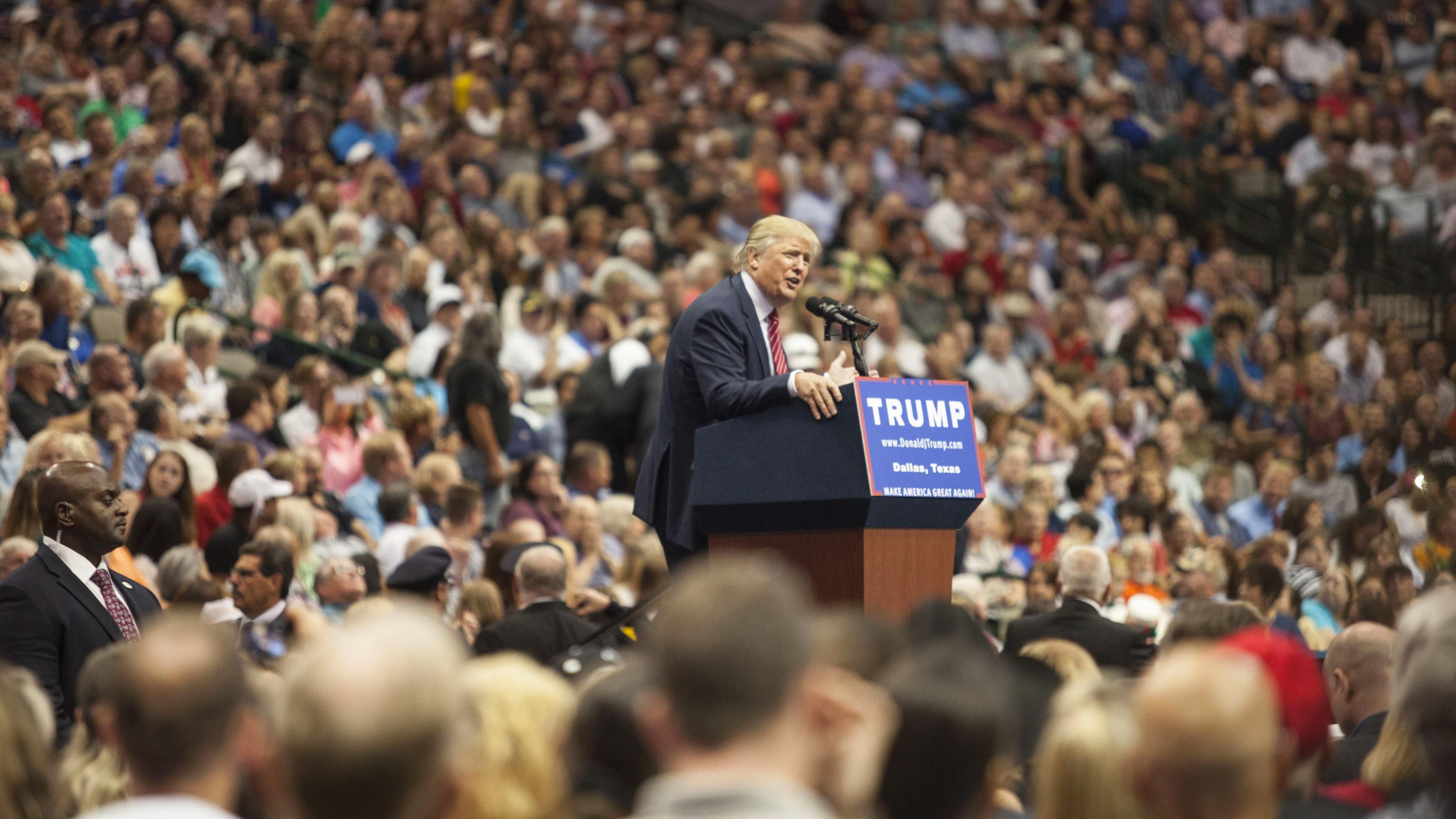

Tara Sehdave
Class of 2025San Diego, California
About
Hi! My name is Tara Sehdave and I am from San Diego, California. I am interested in pursuing political science in university in hopes of becoming a lawyer.Projects
- The Unfiltered Lens: Social Media as a Threat to Democracy with mentor Elisabeth (Oct. 25, 2023)
Tara's Symposium Presentation
Project Portfolio
The Unfiltered Lens: Social Media as a Threat to Democracy
Started June 12, 2023

Abstract or project description
This paper delves into hidden forms of censorship, analyzing their origins, impact on society, and the manifestation of them through social media algorithms. The action of grouping similar viewpoints together restricts the diversity of information one is exposed to, creating biases. Relying on peer-reviewed articles published in academic journals on the topic of epistemology and media studies, documentaries, and books, this paper examines factors that contribute to creating censorship, including phenomena scholars refer to as “epistemic bubbles” and “echo chambers”, which have their roots in a pre-modern period. In addition to examining these problems, this paper explores potential solutions, such as interventions— “nudging” and “boosting,” which increase media literacy in users as well as leverage AI’s potential while acknowledging the limitations of these interventions. The paper elucidates that addressing these challenges demands a multifaceted approach. While scholars emphasize ethical AI implementations in resolving these biases, this paper argues that education reforms are crucial for fostering critical thinking and countering misinformation in our interconnected world. Well informed voters are fundamental in a functional democratic system, as parity of knowledge among voters concerning diverse viewpoints is imperative. Excluding certain perspectives in this context may lead to a lack of educated citizens, consequently undermining the suitability of their choices. Hence, ensuring proactive measures are in place can mitigate such challenges, offering a more equitable outcome in the election process.